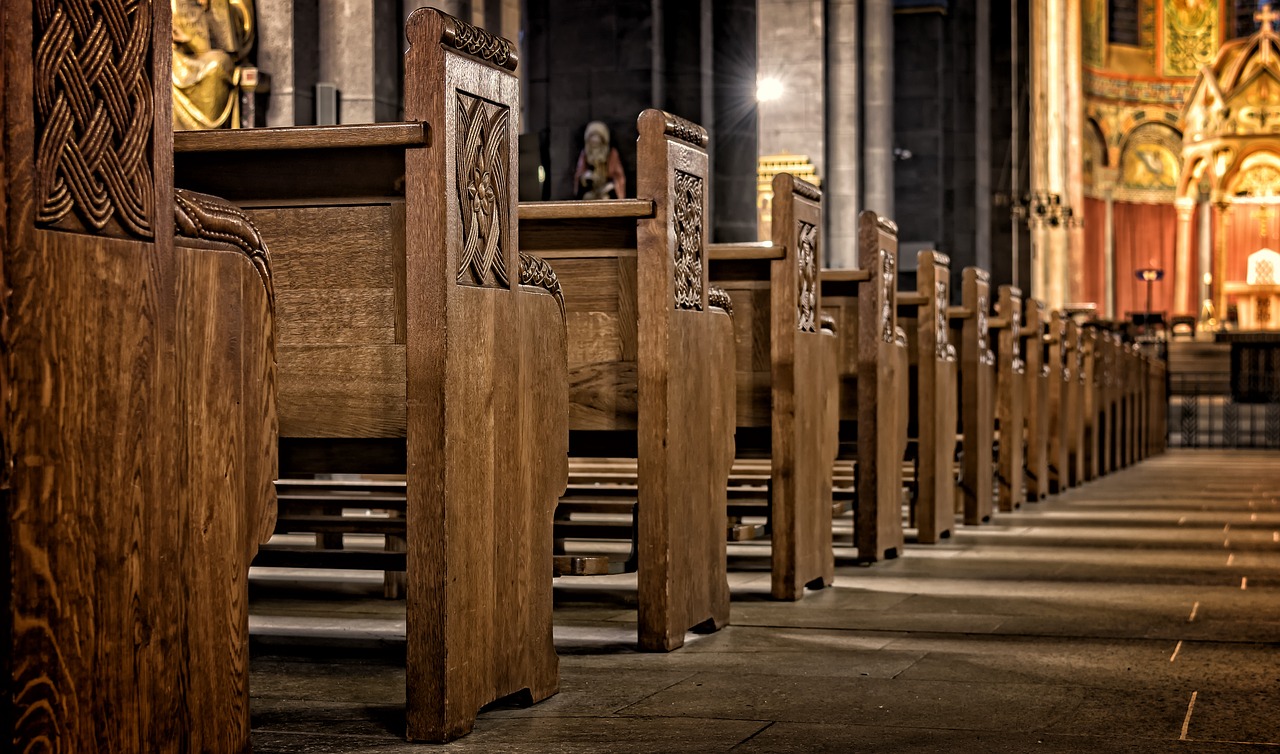
13 Dec Safe Abortion Rights and Religious Freedom
 One of the main conservative arguments for the banning of abortion is that it is immoral. It is immoral because terminating a pregnancy would result in the termination of a “life.” In other words, the premise of the debate relies on the assumption that the fetus is, indeed, alive.
One of the main conservative arguments for the banning of abortion is that it is immoral. It is immoral because terminating a pregnancy would result in the termination of a “life.” In other words, the premise of the debate relies on the assumption that the fetus is, indeed, alive.
However, this premise is not a foregone conclusion; it is still a controversy being debated. Whether a fetus is a person is a philosophical question that many experts have answered in the negative. And if the fetus does not have personhood, it doesn’t have rights in the same way that a pregnant woman does. Why then should the life of a woman, an actual person, be risked in favor of something that isn’t?
The question we all have to ask is, “Where did we get this idea that the fetus is a person?”
An oft-used argument by anti-choice advocates is that something becomes a human person as soon as the process of “ensoulment” occurs. Ensoulment is a religious term that describes the exact moment a “human being” gains a “soul.” To some religious folks, the moment of ensoulment happens at the exact moment that the sperm cell first comes in contact with the egg cell.
Therefore, for these people, even contraception is immoral because it can “interfere,” “prevent,” or “terminate” the ensoulment process.
However, this concept is neither objective nor scientific. The existence of the soul, as with ensoulment, is a religious issue. In other words, some policies surrounding abortion are actually influenced heavily by religious belief!
In her article for The Atlantic, “The Right to Abortion – and Religious Freedom,” Stephanie Russell-Kraft investigates questions of religious freedom surrounding the supreme court’s landmark decision on the Roe v. Wade case in 1973.
She asks:
“But what if the justices had decided the case in terms of the First Amendment instead, arguing that abortion rights are a matter of religious freedom?”
The question is relevant because in many abortion cases, courts have attempted to make a distinction between a woman’s right to abortion and the state’s duty to protect the life of a fetus.
However, Russell-Kraft adds that a book from 1992 by Peter S. Wenz called, “Abortion Rights as Religious Freedom, declares that abortion rights should be an issue of religious freedom.
Why?
Because, Russel-Kraft explains, “the definition of fetal personhood is wholly dependent on religious beliefs.”
In other words, the American government’s endorsement of one particular religion’s interpretation of when life begins violates the principles of secularism, since it holds certain viewpoints — religious viewpoints — as more valid than others.
The exact same problem is prevalent in the Philippines. Many arguments against the legalization of safe and legal abortion are often rooted in the religious beliefs surrounding the moment of conception, ensoulment, and the beginning of life.
The issue of abortion in the Philippines has always been a religious issue. The Filipino’s concept of morality is still rooted in archaic and outdated Catholic doctrines.
Regardless of how one feels about abortion, we should demand intellectual honesty from our policy-makers and compel them to respect the secularism enshrined in our Constitution.
We should all work together to remind our lawmakers that science and evidence, not religious belief or philosophical speculation, should be the basis of government policies.
Sources:
Russell-Kraft, S. (2016), “The Right to Abortion—and Religious Freedom.” The Atlantic. Retrieved on: November 14, 2017.
